These suggestions are closely related to reality, reflecting the spirit of innovation and creativity, the desire to contribute of the young generation, and at the same time demonstrating firm belief in the Party's leadership and the country's development path in the new period.
Private economy : The most important driving force of the economy
After carefully studying the draft documents submitted to the 14th National Party Congress, especially the Political Report and the Summary Report on 40 Years of Innovation, CEO of WATA Joint Stock Company, Outstanding Young Vietnamese Face of 2023 Nguyen Xuan Luc realized that the draft documents demonstrated a historic step forward in the Party's thinking on the role and position of the private economy.
The most obvious breakthrough is the change in perception when determining: "Private economic development is the most important driving force of the economy". The phrase "most important" is not just a change of language but a strategic affirmation, placing the private sector at the center of the new growth model, considering it the locomotive of innovation and enhancing national competitiveness.
This new thinking is highly consistent in documents from the Political Report to the 40-year summary of renovation, showing that the role of the private sector has been raised to a strategic level. This policy strongly reinforces the belief and aspiration to contribute of the business community and young enterprises nationwide.
In addition, the draft document has raised many positive points such as: focusing on developing large-scale private corporations that are competitive regionally and internationally; creating an equal and safe investment and business environment.
In fact, the private economic sector currently contributes more than 51% of GDP, over 30% of budget revenue and employs about 82% of social labor, becoming the most dynamic force of the economy. However, the draft also points out the remaining limitations such as small scale, outdated technology, weak management capacity, incomplete institutions, barriers in accessing land, capital and lack of mechanisms to protect property rights and enforce transparent contracts.
Mr. Nguyen Xuan Luc proposed to clarify the connotation of "the most important driving force", emphasizing the role of the private sector in innovation, digital transformation, job creation and improving national labor productivity; clarify the relationship between the "leading" role of the state economy and the "most important driving force" of the private economy, ensuring support and interaction, avoiding understanding in an opposing direction.
In addition, it is necessary to supplement breakthrough institutional solutions such as: building a mechanism to protect property rights and business freedom according to international standards; implementing a program to improve competitiveness for private enterprises, with specific measurement indexes on credit, land, logistics costs, and administrative procedure reform. At the same time, emphasizing the role of Party organizations in private enterprises as the nucleus to spread corporate culture, transparency, social responsibility and sustainable development.
Overall, the draft documents submitted to the 14th Congress have demonstrated a new vision, innovative thinking and high political determination in developing the private economic sector. Affirming the private economy as the "most important driving force" not only strengthens the confidence of business people but also opens a strong push for the Vietnamese economy to enter a stage of self-reliance, innovation and deep integration.
According to Mr. Nguyen Xuan Luc, if this policy is concretized with transparent institutions, strong commitment to implementation and effective monitoring mechanisms, it will liberate social resources, promote endogenous strength and contribute to realizing the aspiration of building a prosperous and happy country.
Promoting digital transformation and green agriculture
Mr. Dang Duong Minh Hoang, Head of the National Luong Dinh Cua Network, Director of Thien Nong Farm, Outstanding Young Vietnamese Face of 2023, realized that the small-scale production model and lack of value chain linkage are still major bottlenecks of Vietnamese agriculture. In the context of comprehensive digital transformation and green development trend, the application of digital technology in agriculture is not only an urgent requirement but also an "unmissable train" if we want to improve the productivity, quality and competitiveness of Vietnamese agricultural products.
Currently, the Luong Dinh Cua Network has connected outstanding young people and young farmers to pioneer the implementation of digital platforms for management, traceability, and digital transformation in agriculture. Many members have applied electronic diaries to each garden and processing facility, piloting the "one tree one QR code" model to help monitor the entire production - harvesting - consumption process. Some organic farms such as Thien Nong have exported pepper to the Netherlands, demonstrating the value of clean production associated with digitalization and information transparency.
From the implementation practice, Mr. Hoang suggested that there should be policies to support young people and farmers in applying information technology in agricultural production and business, especially popularizing electronic diaries. This helps localities systematize data, proactively connect supply and demand, monitor growing areas and control the quality of agricultural materials.
It is necessary to develop a preferential credit mechanism for digital agriculture and organic agriculture. Banks and financial institutions need to publicize loan packages and support digital transformation for farmers and cooperatives; at the same time, encourage the application of "green credit" criteria, prioritizing projects that apply technology, reduce emissions and use renewable energy.
It is necessary to promote the application of transparent management software in capital management and agricultural insurance; strengthen promotion, communication, and honor digital agriculture and organic agriculture models, thereby replicating advanced models, spreading the spirit of innovation and creativity of rural youth, and encouraging people to change their production habits towards green, clean, and sustainable production. In addition, it is necessary to promote technology transfer and connect the supply and demand of scientific and technological products between institutes, schools, businesses, and cooperatives.
Mr. Hoang hopes that the State will have policies to support the building of collective brands for local specialty products, connecting consumption through e-commerce platforms and supermarket chains, helping Vietnamese agricultural products affirm their position in the domestic and international markets.
With the attention of the Party, the State, the Central Youth Union and ministries and branches, and the innovative spirit of rural youth, digital transformation will become a key driving force to modernize Vietnamese agriculture, contributing to building ecological agriculture, civilized countryside and knowledgeable farmers in the new development stage.
Regional connectivity: Unleashing creativity for sustainable development
After carefully studying the draft documents submitted to the 14th National Party Congress, Mr. Vu Hong Quan (Gia Lai Province Young Entrepreneurs Association) was particularly interested in the content on science and technology development, innovation and digital transformation - identified as one of the key drivers of growth.
With practical experience in the South Central and Central Highlands regions, Mr. Quan realizes that this policy is not only consistent with global trends but also a strategic direction to form new growth poles in the region.
Both the South Central and Central Highlands regions have great potential, but also face the common challenge of finding development drivers beyond the traditional agricultural and forestry model. In that context, the Party's affirmation of science, technology, innovation and digital transformation as the central driving force demonstrates correct and timely thinking. However, in order for this policy to soon come into life, it is necessary to emphasize more the role of regional linkages, especially between localities with technological strengths.
From practice, Mr. Quan believes that it is necessary to form an inter-regional innovation chain in the South Central Coast - Central Highlands, in which the center is the Regional Innovation Center, playing the role of connecting data infrastructure, human resources and research and training programs. The "hub - satellite" model can be applied, according to which coastal cities act as R&D hubs, and the Central Highlands is where laboratories, production facilities, and component packaging are located, taking advantage of space, land fund and labor.
In addition, it is necessary to develop policies to attract high-quality human resources and develop technological human resources. Provinces and cities should have full scholarship policies, invest in modern practice laboratories and international cooperation to train engineers in the fields of artificial intelligence, semiconductors, and industrial electronics. The role of the overseas intellectual community should also be promoted through mechanisms to invite consultants, guest lecturers, and transfer knowledge and technology.
The private sector should be encouraged more strongly to invest in science and technology infrastructure. Enterprises can participate in public-private partnership models in training, research and development, and enjoy tax incentives, credits, and deductions for training costs when investing in technology human resources. The government and local authorities need to pilot mechanisms that allow testing of new technologies, while creating a transparent legal corridor for data, intellectual property, and information security.
Regarding infrastructure, it is necessary to soon complete standard data centers and promote the construction of high-tech zones associated with coastal innovation urban areas. This will be the foundation for the development of semiconductor, artificial intelligence, electronics and high-tech agricultural industrial clusters.
In order for the Party's policy to soon become a reality, Mr. Quan suggested that the draft document submitted to the 14th Party Congress should supplement more clearly the orientation of science - technology development and innovation associated with regional linkages, especially emphasizing the public - private partnership model in infrastructure investment and high-tech human resource training. At the same time, it is necessary to identify human resources, institutions and digital data as the three pillars of sustainable development in the coming period.
Mr. Vu Hong Quan believes that, with the strategic vision of the Party, the determination of the State and the spirit of dedication of the young entrepreneurs and intellectuals, the South Central Coast - Central Highlands region can completely become a key innovation region of the country, contributing to bringing Vietnam firmly into the era of knowledge-based economy and high technology.
The contributions of the intellectuals, businessmen and young people are a clear demonstration of the spirit of innovation and the desire to contribute of Vietnamese youth. With faith, intelligence and responsibility, today's generation is working with the Party and the people to create a new development vision for the country.
Source: https://baotintuc.vn/xay-dung-dang/doanh-nhan-tre-va-khat-vong-kien-tao-dong-luc-phat-trien-dat-nuoc-20251105124607249.htm




![[Photo] Opening of the 14th Conference of the 13th Party Central Committee](https://vphoto.vietnam.vn/thumb/1200x675/vietnam/resource/IMAGE/2025/11/05/1762310995216_a5-bnd-5742-5255-jpg.webp)



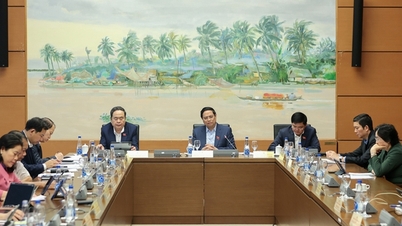

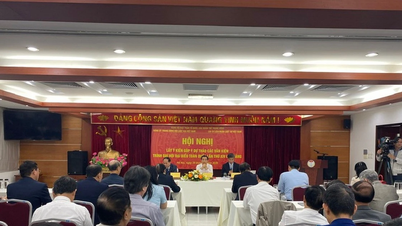

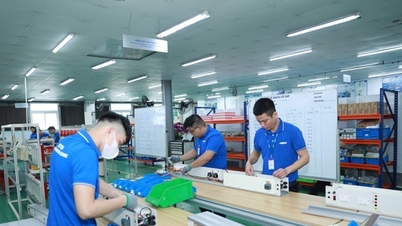

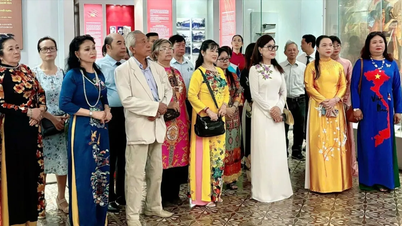

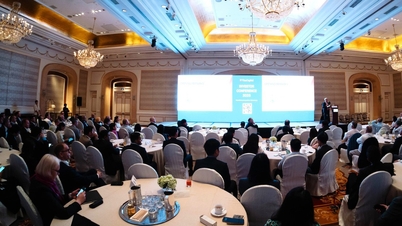

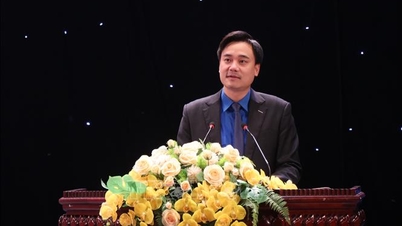
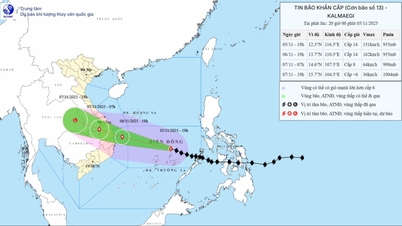



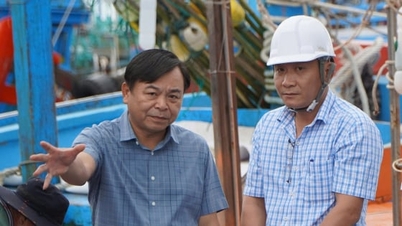
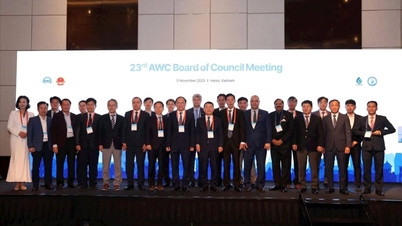






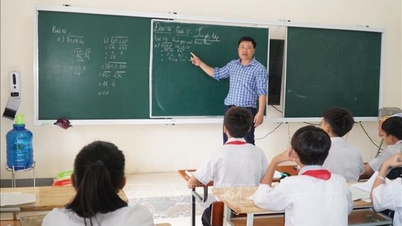
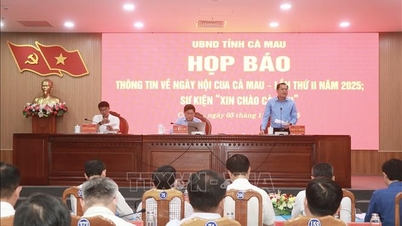



![[Photo] Panorama of the Patriotic Emulation Congress of Nhan Dan Newspaper for the period 2025-2030](https://vphoto.vietnam.vn/thumb/1200x675/vietnam/resource/IMAGE/2025/11/04/1762252775462_ndo_br_dhthiduayeuncbaond-6125-jpg.webp)















































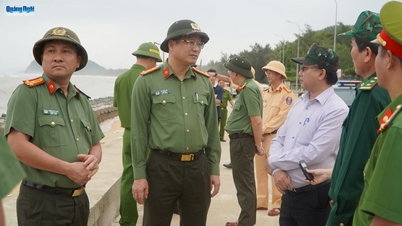
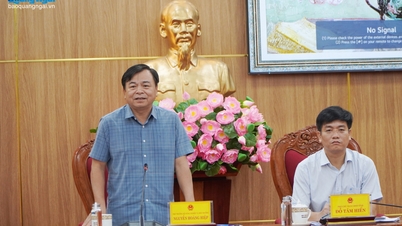




















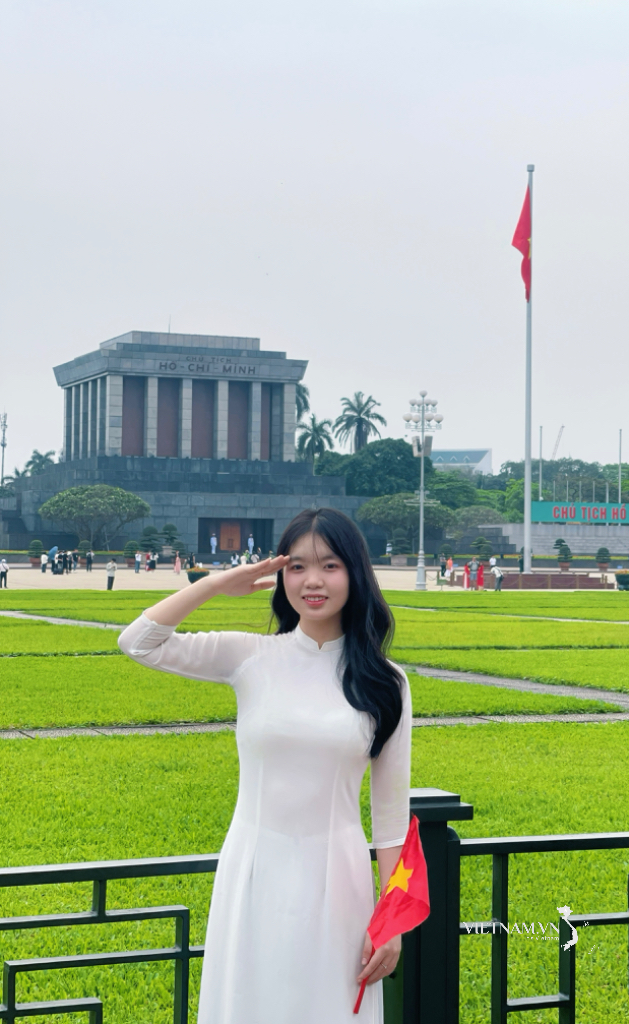
Comment (0)